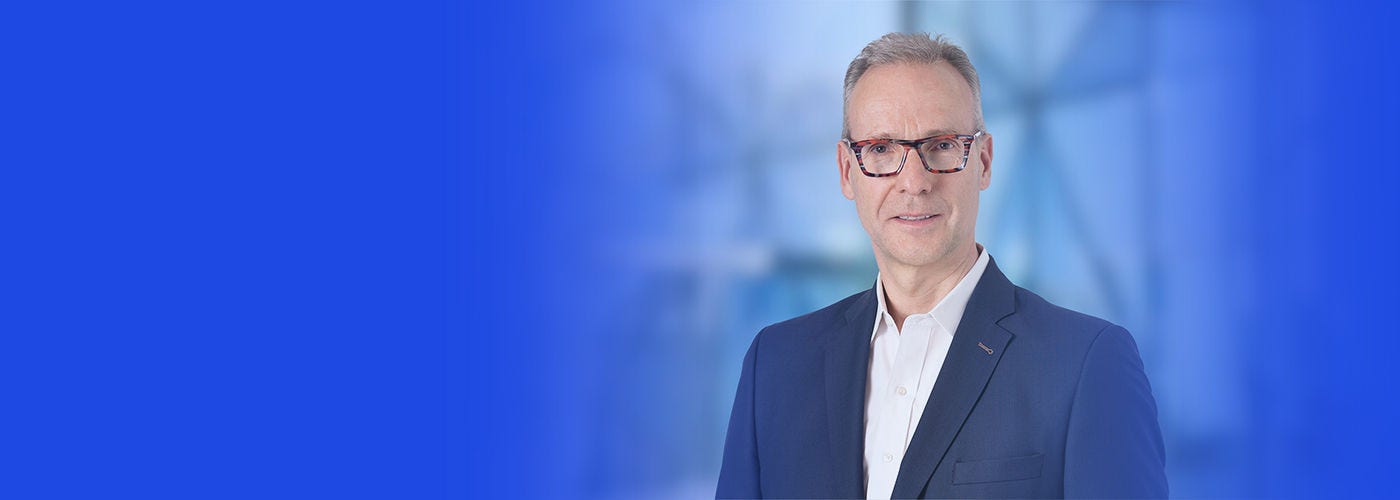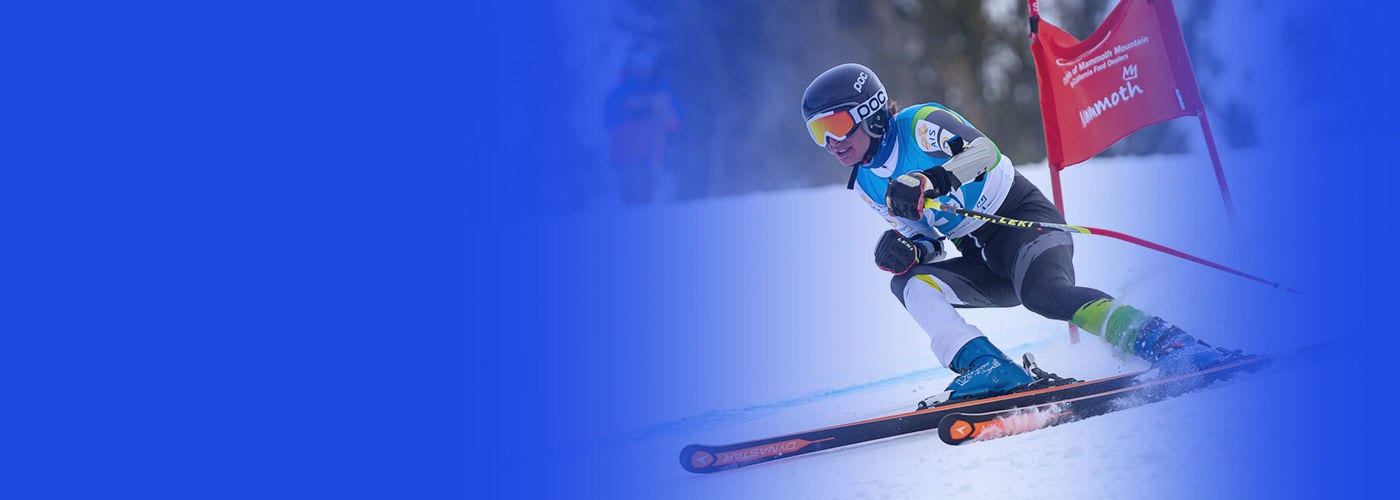Read more about our progress towards a disability confident workplace.
Data at a glance
According to our latest Global People Survey results, 3.4% of our people who responded reported they have a disability, which is higher than in 2020 when 2% reported a disability.
3.4%
of all respondents have a disability (285 people).
4.4 million
Australians have a disability (approximately 20%) which is 1 in 9 people aged 0-64 and 1 in 2 people (49.6%) aged 65 years and over.
17%
of people with disability at KPMG have workplace adjustments.
KPMG's Access and Inclusion goals
The Access & Inclusion Plan 2024 has been developed in collaboration with the Access & Inclusion Taskforce and Australian Disability Network. Insights in this plan come from stakeholder interviews and focus groups with stakeholders - including KPMG people – with lived experience of disability.
The plan takes inspiration from the Social Model of Disability from the United Nations Convention of the Rights of Persons with Disabilities, which defines people with disability as: 'Those who have long-term physical, mental, intellectual or sensory impairments which, in interaction with various barriers, may hinder their full and effective participation in society on an equal basis with others'.
Since our first Disability Inclusion Action Plan (DIAP) in 2021, we have updated the naming of our plan to KPMG's Access & Inclusion Plan (AIP) in recognition that access to a barrier-free workplace impacts both those who identify as having a disability and those who don't, but still need support or have accessibility requirements, chronic illness, social definitions of disability or experience a mental health condition.
Every person, every possibility.
We aim to ensure inclusion is embedded in everything we do - starting with fostering an environment where all our people can grow and thrive. As we continue the work started in our first plan, going forward we are focused on accelerating the removal of barriers impacting our people. We strive to create deeper connections with our clients and communities outside of KPMG so we can learn from each other and contribute towards creating a more inclusive and accessible society, together.
- To remove barriers within our workplace and empower our people with disability to grow and thrive.
- To be recognised as a disability confident organisation.
- To become an employer of choice for people with disability and be seen as a disability leader within corporate Australia.
- To strengthen our relationships with clients and to partner with them on progressing disability inclusion and accessibility.
Disability Confidence at KPMG
Our access and inclusion plan pillars
Celebrating our people at KPMG
Click on the tabs to learn more about the experiences of people with a disability at KPMG.
- Eelco
- Annie
- Aaron
- Jonty

As a Partner with dyslexia, I am a strong advocate for speaking up about disability. But it wasn't always like that. In fact, I was only diagnosed with dyslexia when I was 36 years old.
I remember when a family member was going through their diagnosis, I thought, 'Hang on, I have those things too!'' It was like a door opened and the puzzle pieces fell into place.
Growing up in the Netherlands, I struggled at school not knowing much about learning disabilities. While I excelled in maths and science, I struggled with language subjects, which delayed when I could start university.
I studied computer science at university. Although I didn't have as much trouble reading code, I still struggled in text-based assignments. Where most people in the Netherlands begin working at 21, I began at 26. In the Netherlands, the attitude to misfortune is just deal with it and move on. But you can't help thinking, 'It must be me; I must be dumb.'
A decade after I was diagnosed, I finally felt comfortable being open about my dyslexia. I even have a standard opening at client meetings. I'll say, 'You might have noticed I'm a non-native speaker, hence the funny accent. But on top of that, I have dyslexia. So, if something funny appears on this whiteboard, I give you permission to chuckle, but please let me know because I will not be aware that I've written something wrong.'

After 10 years of symptoms, I was diagnosed with endometriosis at the end of 2021. Suffering with really bad pain inhibited my ability to interact with people. You ask yourself, 'Am I just really weak and sensitive or is there something really wrong?'
Having my diagnosis was huge as it meant I could kickstart my journey and acknowledge. I suddenly had a real, recognised medical issue, as opposed to telling work I had an issue but didn't know how to explain it.
On my second day at KPMG I spoke with my manager, and she wanted to figure out how to make it work. She had training to have the right conversations with people who have disabilities and provide consistent support.
Our flexible work policy has been helpful as it means I can still work, contribute and succeed. My brain and faculties work well but sometimes my body doesn't cooperate as I have a chronic illness, so sometimes I need to take time out.
Acknowledging my chronic illness and being supported means I can have a career and am not limited by something out of my control.
Statistically, it's more likely you'll encounter someone with a disability when you walk through the door. For me, it has helped, realising lots of people in the firm have a chronic illness or a hidden disability.

Neurodivergent describes the way the brain acts and thinks for some people – instead of words like 'different' or 'abnormal'. I love this term as there really is no agreed definition of how a 'normal' brain works.
ADHD is one of many diagnoses under the neurodivergent umbrella which affects 1 in 20 or 1.2 million individuals in Australia. Most of whom live undiagnosed … like I was – until recently.
Through a lengthy process with my GP, psychologist and psychiatrist, I now understand I have my own diagnosis for ADHD (combined – inattentive and hyperactive), which has been with me for my whole life.
ADHD shows up in many ways and challenges your attention (or lack of), hyperactiveness and impulsiveness, your ability to regulate your emotions and your 'executive function'.
I am impacted by all of these at varying levels. I have learned by mimicking the habits of successful people or just working really hard and for longer hours than most (to do things that shouldn't take that long). I connect and build relationships seemingly easy, even though I am anxious inside and later overthink every interaction. I have learned to ask for help – and am still on a learning curve to understand and rethink how I think.
I am privileged to have been diagnosed while working at KPMG. The support, tools, communities, openness from many people to talk about it and share their own journeys, and the space, trust, and guidance to design a workstyle that works for me has been – literally – life-changing.

In early 1997, my parents were relishing having a six-year-old starting school, with another child (me!) on the way. But an unexpected complication necessitated an emergency caesarean well before my expected due date. Concerns grew over my developmental reliance on my left side and my comparatively immobile right arm and leg, eventually culminating in a diagnosis of hemiplegia - thus beginning my long journey at the Royal Children's Hospital.
My formative years revolved around early interventions, medical hardware, and a unspoken resolve to never hold me back from anything. I was not always the most enthusiastic patient, especially when it came to wearing prosthetics to school, mostly because I just wanted to be like everyone else. With that came a desire to play in all the same school and club sporting competitions, but by 16 the added strength, speed and size of others made it difficult, especially in contact sports.
In 2006, we moved to Switzerland which led to my first snow experience, through an adaptive Snowsports non-profit. Upon return, the ski bug continue to grow, and I competed in underage pathways, joining the Australian Para-Alpine ski team in 2014.
I completed university and competed at continental and world cup races, achieving fourth place in the male standing category and earning selection for two winter Paralympics in 2018 and 2022 - moments I am incredibly proud of. However, a week before Beijing 2022, a training accident left me with a shattered collarbone and a nasty concussion, forcing me to shift my focus.
This year I joined the 2024 KPMG graduate program, and the welcoming and inclusive environment continues to surprise and impress. Effort is made to ensure I am not disadvantaged by my slower handwriting speed, and my colleagues have always been very complimentary of my five-finger typist technique.
Introducing KPMG Embrace Network
With over 350 members, Embrace@KPMG is a network for people with disabilities, parents and carers and allies to find support, education and community.
- Recognises the diversity and complexity of experiences that exist within our communities and want to create a welcoming space for anyone who sees themselves in Embrace.
- Acknowledges that not all disabilities are visible, and can also include illness or injury. Embrace is a network for everyone.
- Provide connection and support for anyone with a disability at KPMG
- Celebrate and amplify the voices of people with disability to raise awareness and the unique experiences of our people
- Educate and guide allies to better support people with disabilities within the workplace and build a disability confident workplace
- Bring the voices of Embrace to the broader firm to ensure that the needs of people with disability are heard and informing policies, processes and systems - nothing about us without us.
- The Embrace Committee is focused on delivering a yearly calendar of initiatives that focus on engaging the community, educating people across the firm and supporting people with disability at KPMG.





